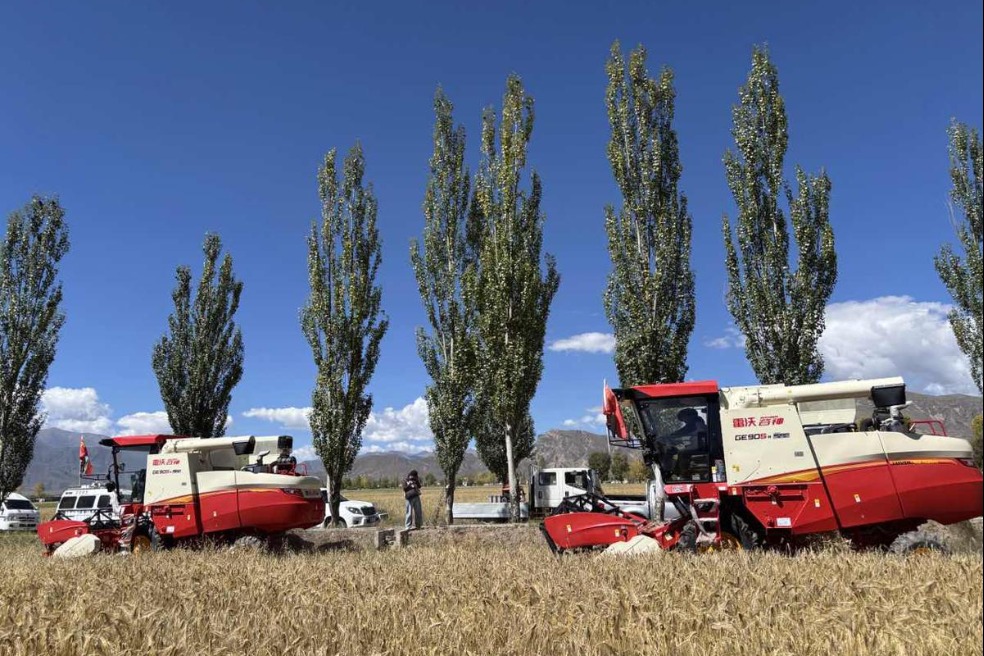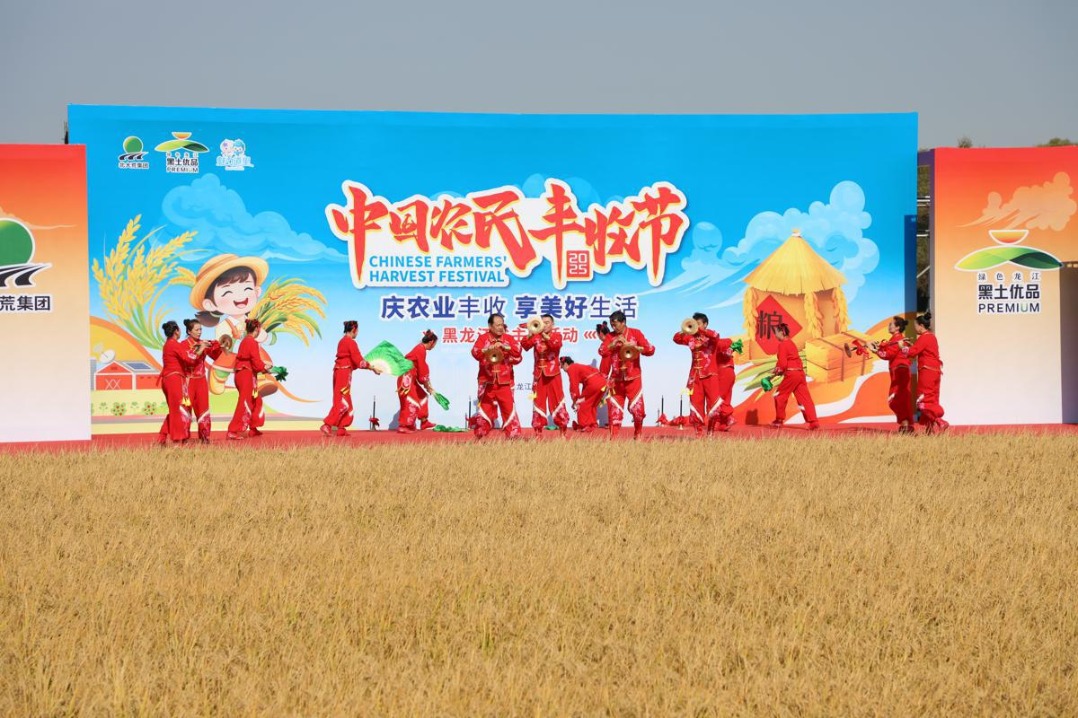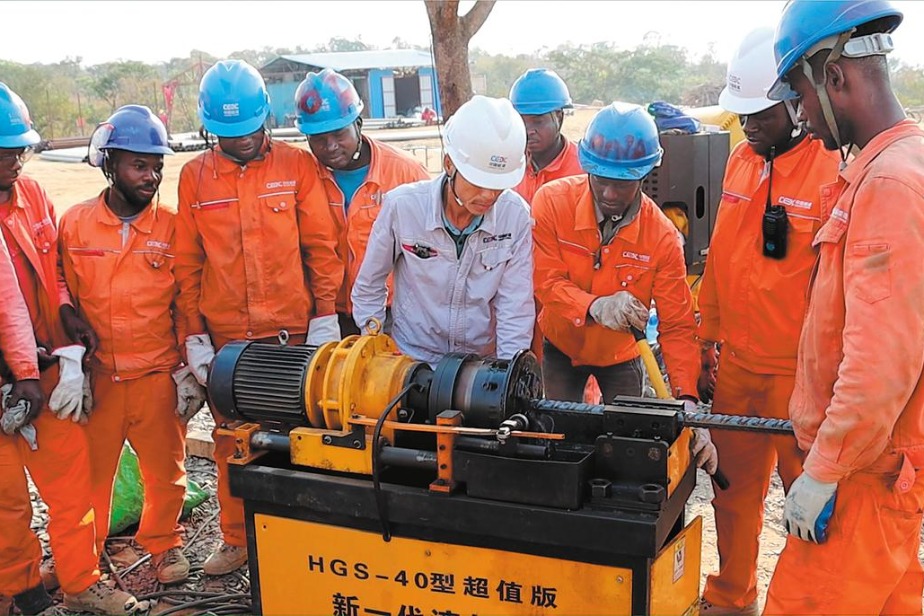Environment, economy advance as one in Yangtze River Basin


China has managed to advance environmental protection and economic development in parallel in the Yangtze River Basin, but more efforts are needed to address some prominent environmental problems, according to a senior national legislator.
"The Yangtze River Basin has experienced continuous improvement in its water quality at the same time as increasing high-quality economic development," Wang Chen, vice-chairman of the National People's Congress Standing Committee, said on Dec 28.
In 2021, 97.1 percent of the national monitoring sections in the basin registered "fairly good" water quality, he said while reporting to the committee the results of an NPC inspection on the implementation of the Yangtze River Protection Law.
Adopted in late 2020, the law went into effect on March 1, 2021.
The country has a five-tier water quality system for surface water, with Grade I the best. Water quality is considered "fairly good" if it is at or above Grade III. According to the Ministry of Ecology and Environment, the proportion of national monitoring sections with fairly good water quality in the basin stood at 85 percent at the end of 2020.
The basin contributed 46.6 percent of the country's GDP in 2021, he said. The rate is 4.3 percentage points higher than that in 2015, according to the National Development and Reform Commission.
The achievements were the result of a series of measures taken by various government bodies and local governments to implement the Yangtze River Protection Law, the vice-chairman said.
The Ministry of Finance, for example, has made consistent efforts to enhance support for Yangtze protection. From 2021 to 2022, it allocated 440 billion yuan ($63 billion) in transfer payments for protection efforts, he said, adding the payments made last year went up by almost 11.3 percentage points from 2021.
Since 2021, about 16,900 kilometers of sewage pipes have been built or renovated in the basin, he noted. The total daily capacity of newly built sewage treatment plants since then has reached over 6 million cubic meters.
The vice-chairman also highlighted the great efforts the country has made to impose a 10-year fishing moratorium in the basin as stipulated in the law.
Thanks to a joint law enforcement mechanism of different government bodies, he said, a grid-based system has been established and a dedicated fleet for law enforcement was founded in the Yangtze to enhance fishing management.
The 15 provincial-level regions along the Yangtze have signed agreements on cross-border law enforcement to crack down on illegal fishing, he added.
He said law enforcement officers in the basin have confiscated 300,000 sets of netting gear and investigated roughly 16,000 people for illegal fishing since 2021.
Amid the country's resolute efforts to crack down on illegal fishing, however, many illegal fishing vessels tend to operate at night in some small tributaries. Some people have resorted to hiding fishing nets. "These actions have made it more difficult to find and crack down on illegal fishing," he said.
Some local governments have complained about fish resources in some water bodies that have experienced a quick recovery following the fishing ban that came into force on Jan 1, 2020, he said. There has been an excessively large quantity of fish in some closed water bodies, posing risks to the health of local water ecosystems.
He suggested rolling out fishing as a measure for ecological adjustment and control in some water bodies with too many fish and an imbalanced fish population, based on scientific appraisal and rigid examination and approval.
Wang also noted a series of environmental problems that have yet to be solved in the Yangtze River Basin, including a large number of waste mining sites that have not been remediated, inadequate sewage disposal infrastructure and a low utilization rate of waste from livestock breeding.
- Guests from around 30 countries and global bodies attend Beidou summit in Hunan
- Hunan University preserves legacy of wartime history
- Former Shanxi official faces bribery charges in Beijing
- China-led geoscience projects in Saudi Arabia make substantial progress
- 'Chinese Bridge' contest showcases 76 international students in Tianjin
- Jiangsu farmers celebrate bumper harvest with festivities and flavors






































